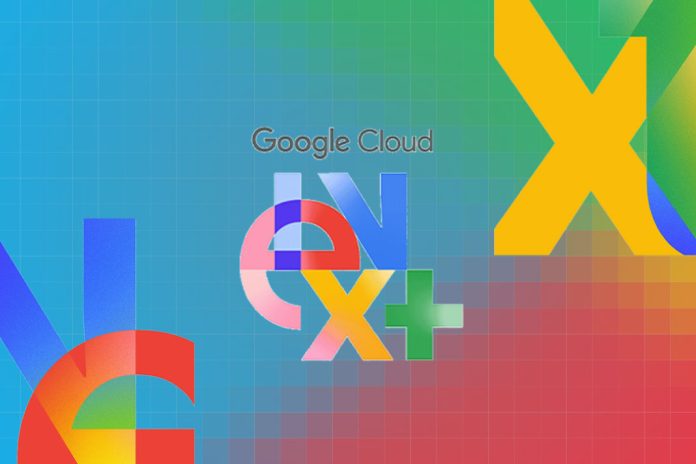At Google Cloud Next 2024, the message was clear: the era of siloed AI tools is over. Google unveiled a series of innovations that signal a cohesive strategy to weave artificial intelligence (AI) into the very fabric of its enterprise stack—from the custom silicon in its data centres to the collaborative apps on its users’ screens.
This wasn’t just a collection of product updates; it was a statement of intent. By embedding its Gemini models across infrastructure, data analytics, developer tools, and workplace productivity, Google is positioning its cloud as the default operating system for the AI-driven enterprise. Here are the key announcements that define this new chapter.
Key Announcements from the Event
- Google Vids: AI Enters the Workspace Production Studio
In a direct move into the AI-powered content creation space, Google Vids, a new AI-driven video creation tool, has been integrated into the Google Workspace suite.
Users can seamlessly create videos for business use cases—like project updates or training materials—while using other Workspace applications like Docs and Sheets. The tool includes AI-powered features for writing, editing, and production, and supports the real-time collaboration Workspace is known for.
- BigQuery: Bringing AI Models Directly to the Data
Google announced extended BigQuery capabilities, allowing users to bring Gemini models from Vertex AI directly to their data. This update supports multimodal analytics, vector embeddings, and the fine-tuning of large language models (LLMs) from within BigQuery itself. This “bring the model to the data” approach minimises complex and costly data movement.
Emphasising the benefits of the integration, Rahul Auradkar, EVP and General Manager of Unified Data Services and Einstein at Salesforce, said, “This integration will help our joint customers tap into Salesforce Data Cloud’s rich capabilities and use zero-copy data sharing and Google AI connected to trusted enterprise data.”
- Gemini Code Assist: A Challenger to GitHub Copilot
Google is intensifying the AI coding assistant race with Gemini Code Assist, an AI-driven tool tailored for enterprises. The offering is a direct challenge to GitHub’s popular Copilot Enterprise and showcases the industry-wide push to use AI to boost developer productivity. - Google Workspace Gets an AI Upgrade with Voice Prompts
Google Workspace unveiled new features, including voice prompt integration for its AI-based “Help me write” feature in Gmail, allowing users to compose emails on the go. Additionally, a new feature can instantly turn rough email drafts into polished, professional messages. These capabilities are part of new add-on packages, one of which is an AI meetings and messaging add-on that automatically takes notes, generates summaries, and translates content into 69 languages. - Axion: Google’s Custom Arm-based CPU
In a major strategic move for its infrastructure, Google introduced Axion, its inaugural custom Arm-based central processing unit (CPU), designed to improve performance and energy efficiency. This move into custom silicon, similar to AWS’s Graviton processors, is aimed at optimising performance for large-scale workloads like AI and search while reducing costs and energy consumption.
Rene Haas, CEO of Arm, said, “Google’s announcement of the new Axion CPU marks a significant milestone in delivering custom silicon that is optimised for Google’s infrastructure built on our high-performance Arm Neoverse V2 platform.”
- Nvidia’s Blackwell Platform Comes to Google Cloud
Google also announced that Nvidia’s next-generation Blackwell platform is coming to Google Cloud in early 2025. This ensures Google’s customers will have access to top-tier hardware for the most demanding workloads, including support for the high-performance Nvidia HGX B200 for AI and high-performance computing (HPC) and the GB200 NVL72 for massive LLM training.
The Strategy Behind the Announcements
Taken together, the announcements from Google Cloud Next 2024 paint a picture of a company executing a clear, top-to-bottom AI strategy. By controlling the stack—from its own custom Axion processors and TPUs to the data analytics layer in BigQuery and the end-user applications in Workspace—Google aims to create a deeply integrated ecosystem where AI is not just a feature, but the foundation.
